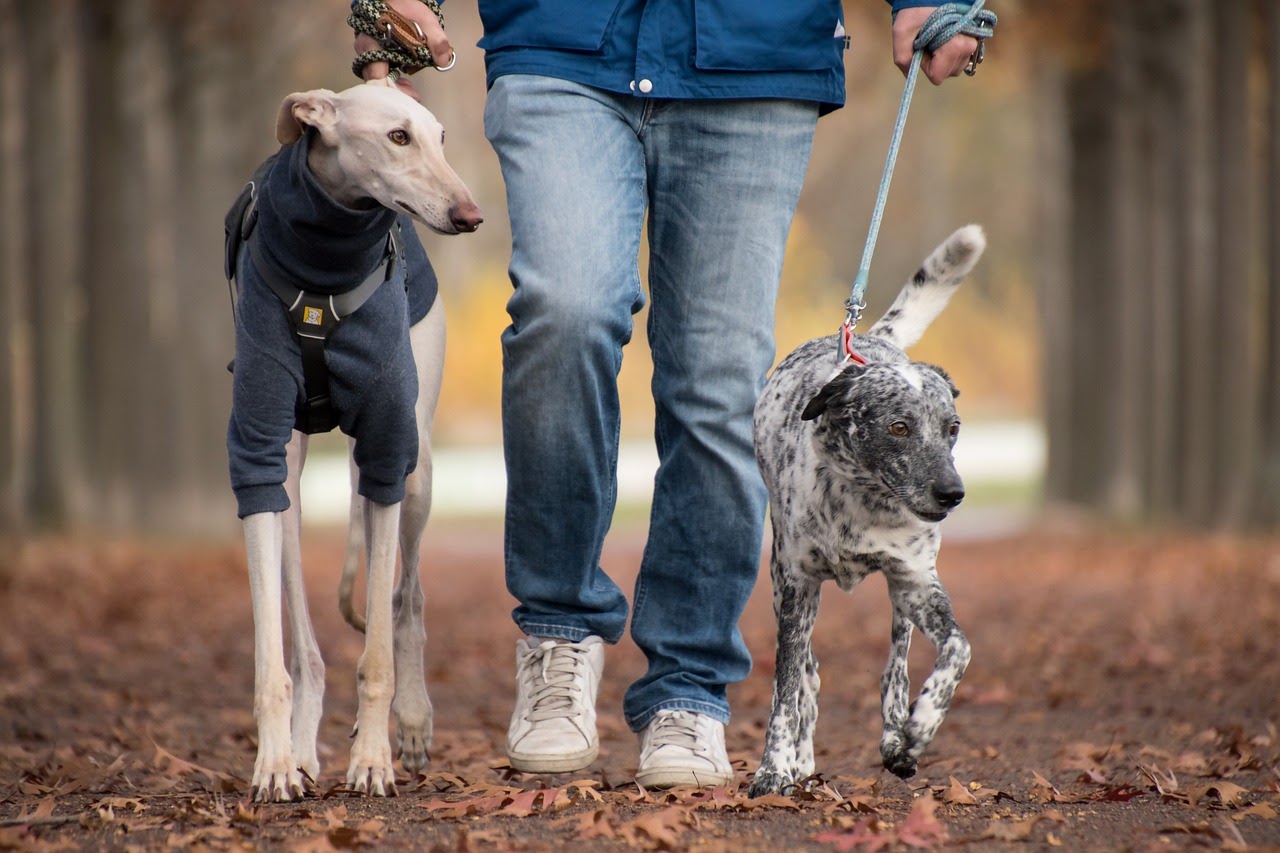Shih Tzu allergies are a common concern for many pet owners. These dogs can be sensitive to foods, environmental factors, and skin irritants.
Knowing the signs and causes of allergic reactions helps provide the right care. This guide covers the main types of allergies, common symptoms, and effective ways to manage them.
5 Most Common Shih Tzu Allergies
The most common Shih Tzu allergies include reactions to food and skin sensitivities. Environmental and contact irritants can also trigger problems. Understanding these allergies helps you recognize symptoms early and take action to keep your dog comfortable.
1. Skin Allergies
Shih Tzus often develop skin allergies. Their long, thick fur can trap dust, pollen, and dirt close to the skin. Flea allergy dermatitis is also common, as some dogs have strong reactions to flea saliva. Itching around the tail and back legs can lead to excessive scratching, skin breaks, and infections.
Contact irritants can trigger additional issues. Shampoos, cleaning products, plastics, and dust mites may cause red or sore spots on the belly, armpits, and paws. Using gentle grooming techniques, mild products, and keeping bedding clean can help soothe their skin and reduce irritation.
2. Food Allergies
Food allergies in Shih Tzus can be subtle but often lead to itchy feet, ear issues, and persistent skin infections. Symptoms usually appear on the face, legs, paws, and rear. Some dogs also develop yeast overgrowth after finishing a course of antibiotics.
The most reliable way to identify food allergies is an eight to twelve-week elimination diet using a novel protein or hydrolyzed food. Once the itching improves, foods are gradually reintroduced one at a time to pinpoint the triggers. Avoiding the identified food for life helps keep their skin calm and reduces the need for frequent vet visits.
3. Environmental and Contact Allergens
Environmental allergens like pollen, mold, cigarette smoke, and strong odors can make Shih Tzus itchy. Their thick coat traps these particles, so wiping paws and belly after walks and using a damp cloth on the fur helps remove irritants.
Allergies often worsen during grass and tree seasons, so planning walks and cleaning routines can help. At home, vacuum frequently and wash bedding in hot water. Using mild, fragrance-free cleaners also reduces exposure to triggers and keeps their skin calmer.
4. Ear Allergies
The ears don’t cause allergies directly, but often show early signs. The warm, moist ear canal and long hair can trap wax and debris, creating an environment for bacteria and yeast to grow. If your dog shakes its head, tilts it, or scratches the ears, address the itch and have your vet check for infections, mites, or possible food allergies.
5. Eye Irritation and Allergy Links
Shih Tzu eyes stick out and can get irritated by wind, dust, or stray hairs. Allergies may cause redness, squinting, and watery eyes. Regular grooming and trimming hair near the eyes help keep them clear and protect the cornea while easing any itch.
You should always compare Shih Tzus on their health and allergy history. If you’re looking to buy a Shih Tzu, Dog Academy’s list of Shih Tzus for sale provides helpful information and available dogs that could become your new best friend. Wherever you go, ask about skin and eye screening in the parents and diet notes from the breeder. Starting carefully reduces years of guesswork and gives your puppy a smoother path.
Symptoms of Shih Tzu Allergies
Shih Tzu allergies often show up in the skin first. Watch for constant scratching, paw licking, face rubbing on the carpet, red patches, or thin hair around the belly and legs. Hot spots can appear where the coat stays damp, and a sour smell may indicate a secondary infection.
Ears and eyes carry their own clues. Repeated ear infections, head shaking, and dark discharge can point to an underlying allergy. Red rims, tear stains, and blinking often signal eye irritation caused by allergies. Some dogs may even cough or wheeze in dusty rooms.
People sometimes ask whether a Shih Tzu is easy on human allergies. No dog is truly hypoallergenic. Dander from any breed can affect sensitive individuals, though regular grooming and keeping the home clean can make living with them more comfortable.
Caring for Your Shih Tzu’s Allergies
Knowing the signs and triggers of allergies in Shih Tzus helps keep them happy and healthy. With regular grooming, a clean environment, and guidance from your vet, you can manage skin, ear, and eye issues easily.
Early attention and consistent care will allow your Shih Tzu to live comfortably and enjoy their playful, loving nature.







